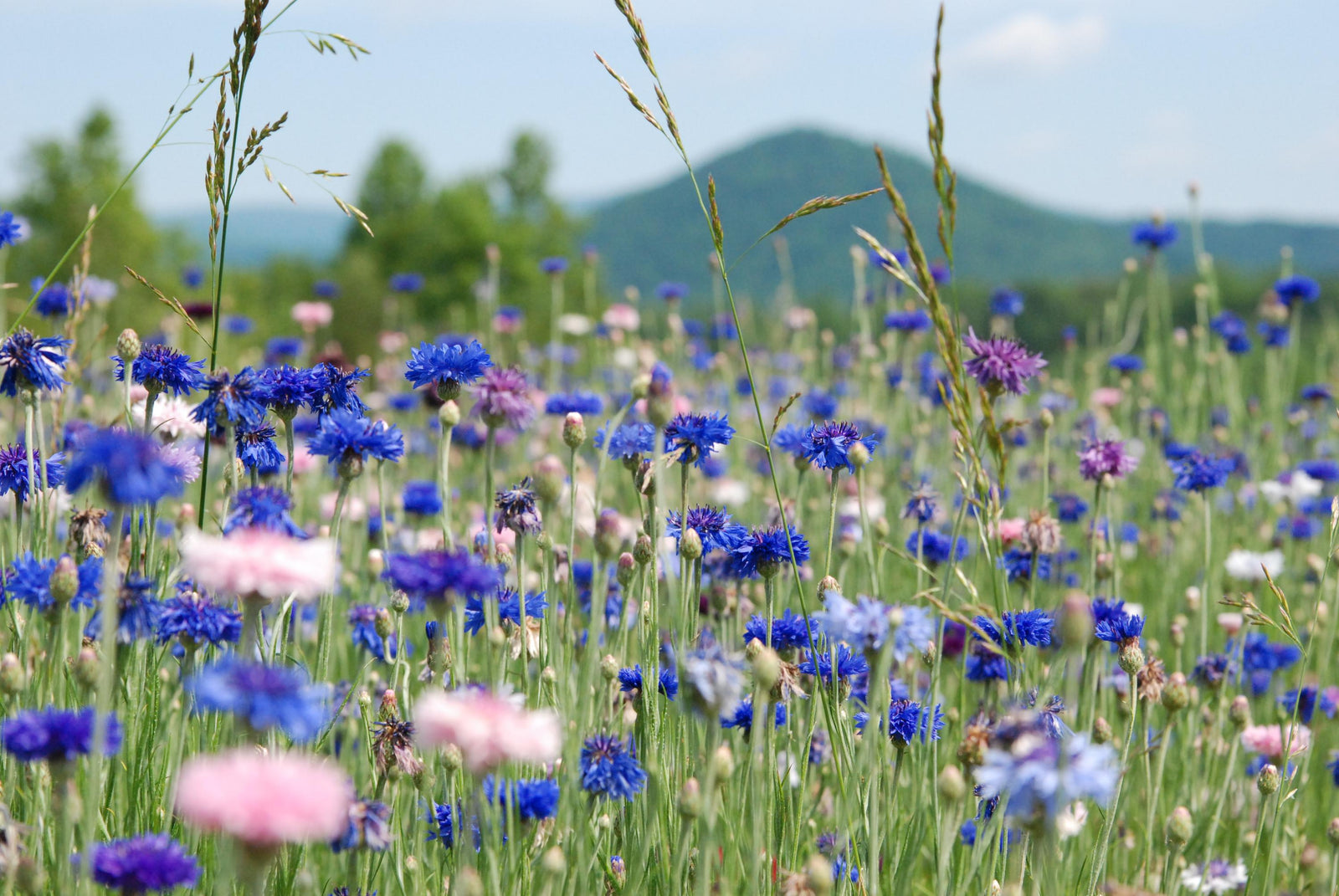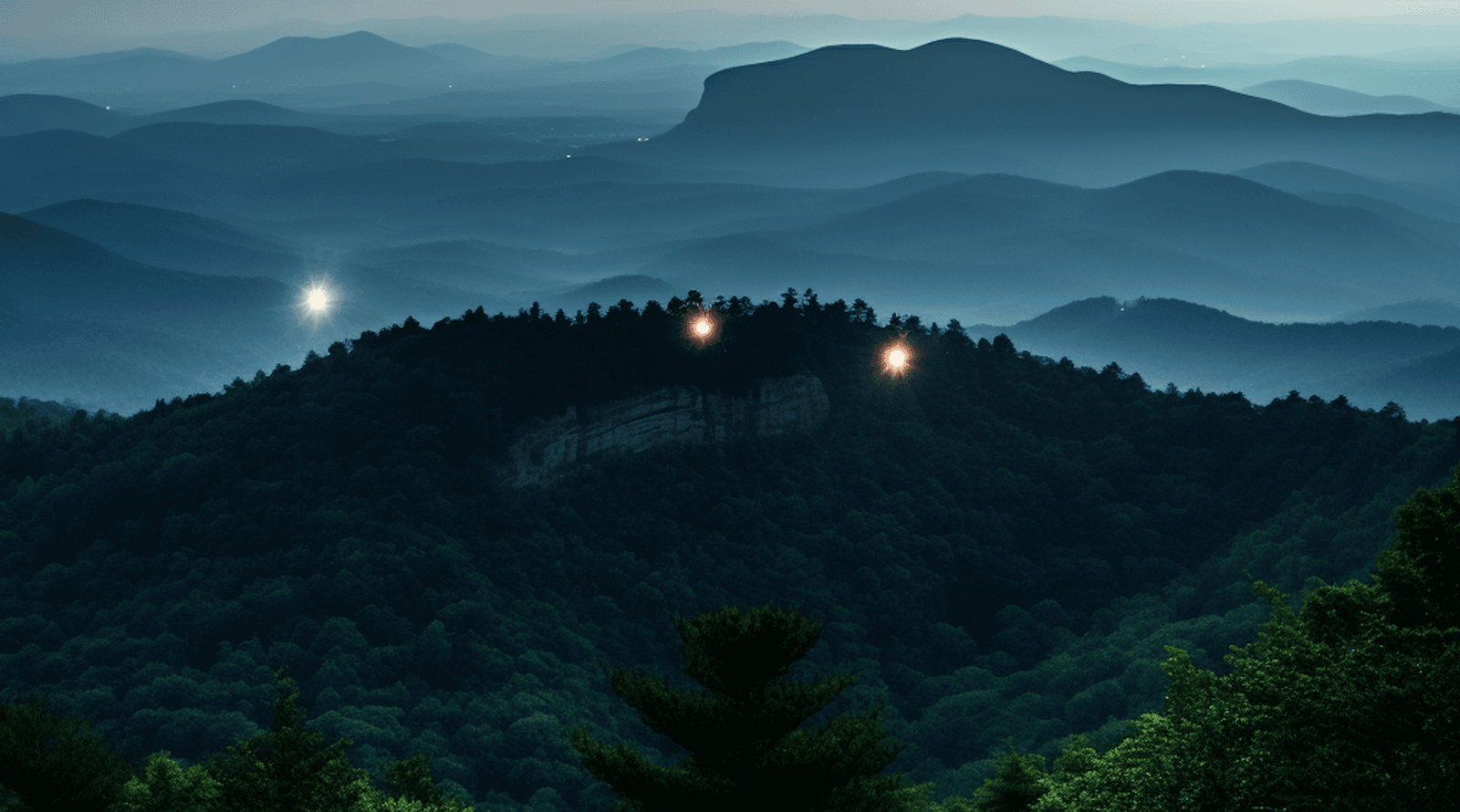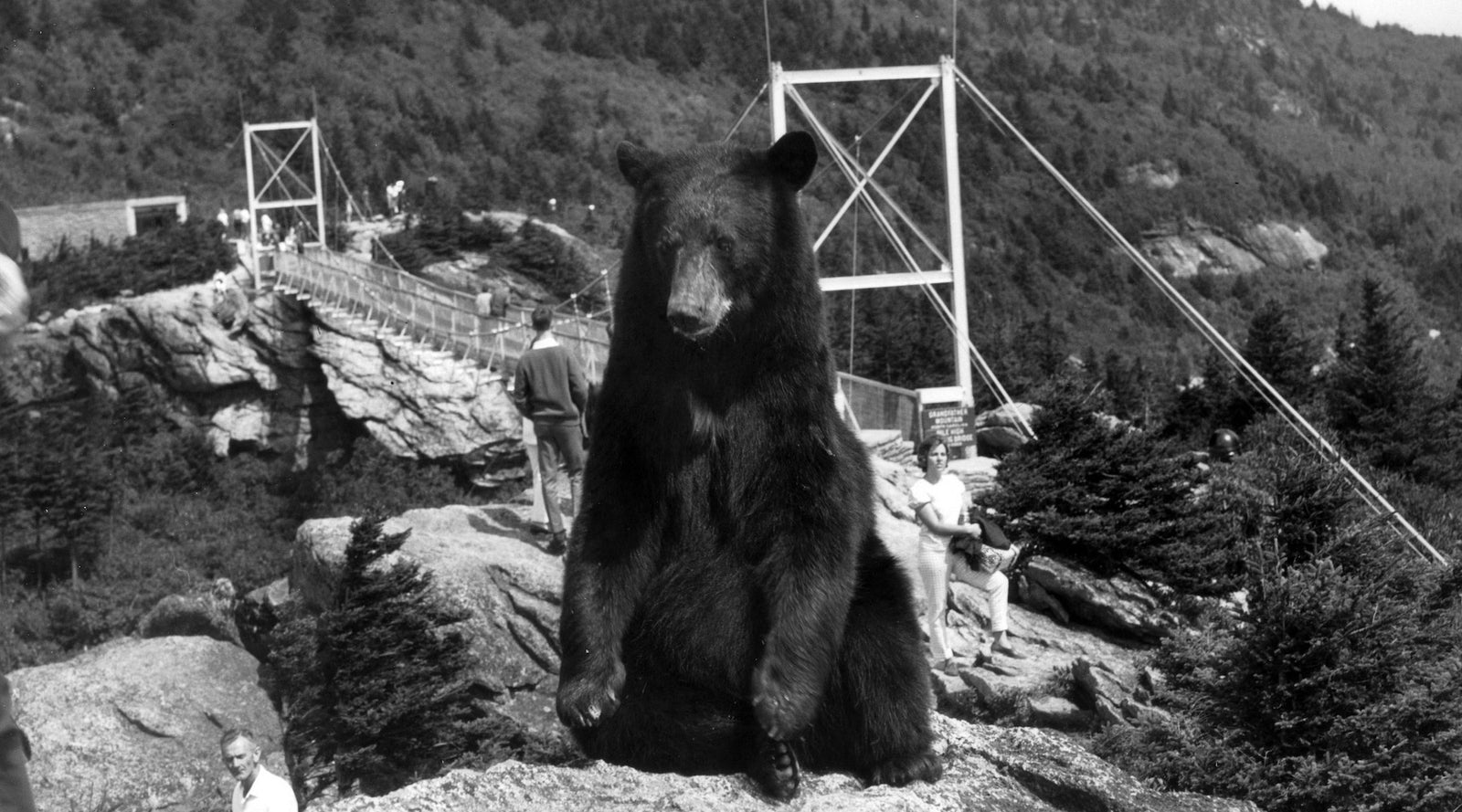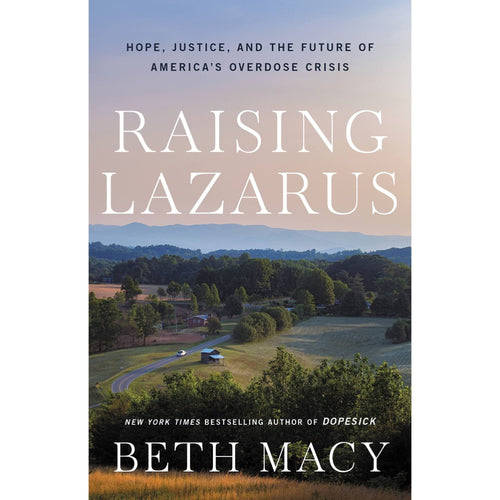
How was it? How did it feel to step away from the screen and picture somewhere tranquil? During those five minutes of quiet, did anything special happened to your brain?
[caption id="attachment_1644" align="alignleft" width="300"]
 A favorite field in Stanardsville, Virginia[/caption]
A favorite field in Stanardsville, Virginia[/caption]Some scientists think so. In an era when we are inundated with emails, text messages, phone calls, tweets, data streams wherever we go, some people are asking if the constant stimulation takes a tole. If so, how does meditation or a walk in the woods help ease the strain?
To get close to these questions a small band of scientists recently gathered in the bottom of a canyon. They camped and kayaked and let themselves stare into space. Art Kramer, a prominent University of Illinois professor told The New York Times reporter who joined them, “If I looked around like this at work, people would think I was goofing off."
But David Strayer, who organized the trip and teaches psychology at the University of Utah, says that resting our brains is essential and that we do have a finite attention span. He elaborates:
"Attention is the holy grail...Everything that you’re conscious of, everything you let in, everything you remember and you forget, depends on it.”
To underscore the point, the group discusses a study from the University of Michigan which demonstrated that people learn better after walking in the woods than after walking on a city street.
This section of the article strikes a chord with me. I live in the city, but feel deeply drawn to quiet places. For me, they are usually in the Appalachian woods. There is a tension between the bustle that surrounds me and the solitude that I crave. I do my best writing, my best thinking when I am somewhere tranquil. I am more patient. I listen better. I really believe that I am my best self when I am quiet and surrounded by the mountains.
Strayer would argue that my working memory is taxed in the city. According to Wikipedia, working memory is the "ability to actively hold information in the mind needed to do complex tasks such as reasoning, comprehension and learning." Blaring horns and crowded sidewalks chip away at your working memory, leaving you less able to think.
[caption id="attachment_1637" align="alignright" width="270"]
 A mind clearing spot on the Shenandoah River[/caption]
A mind clearing spot on the Shenandoah River[/caption]I'd say that's true and agree with Strayer when he adds that in a natural environment "our senses change." He says, "They kind of recalibrate — you notice sounds, like these crickets chirping; you hear the river, the sounds, the smells, you become more connected to the physical environment, the earth, rather than the artificial environment.”
He says that “there’s a real mental freedom in knowing no one or nothing can interrupt you."
I know that's the case for me. What about you? Do you ever feel the need to escape all the stimuli of modern life? How do you recalibrate? Do you think that time in the mountains can really make us smarter, better able to concentrate and learn?














